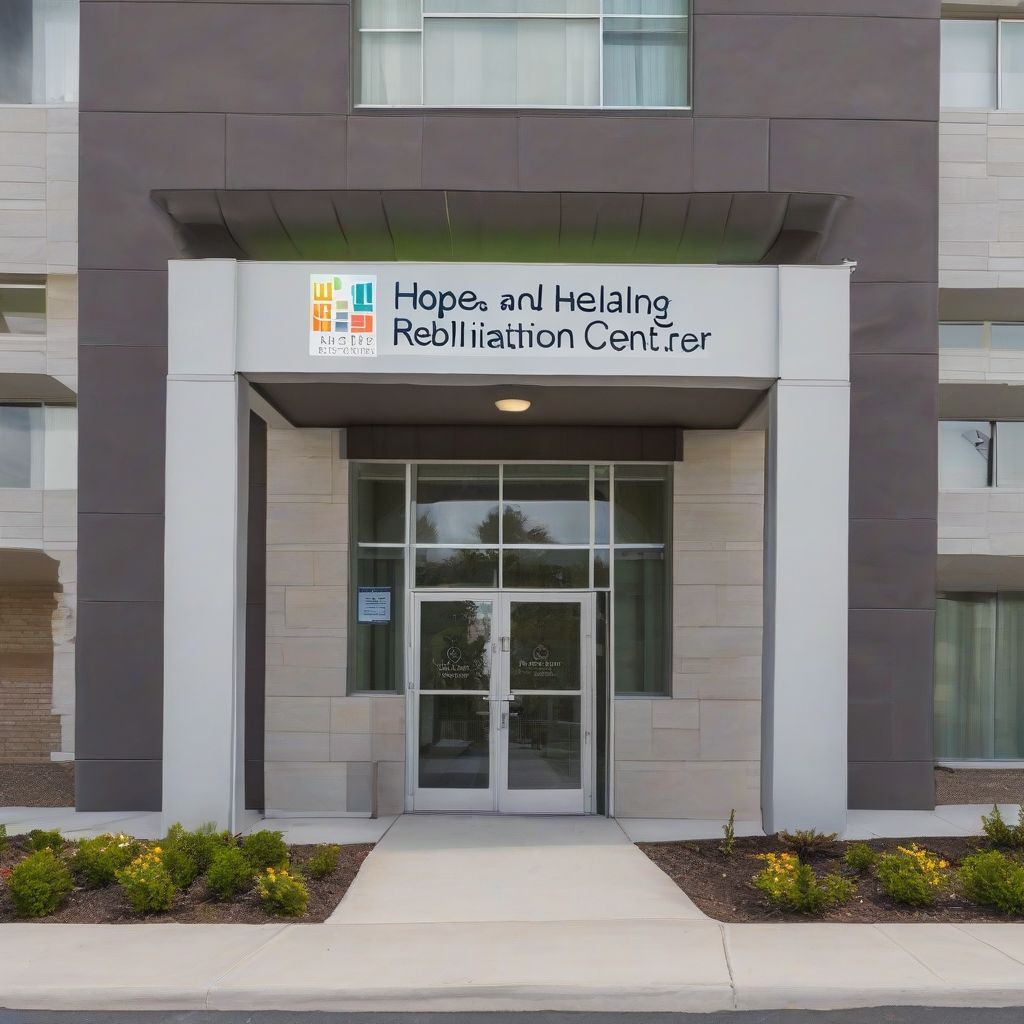The intersection of the legal system and addiction recovery is complex, often leaving individuals facing charges wondering about the best course of action. One question we see frequently is, “Can going to rehab before my court date help my case?” While it’s not a guaranteed get-out-of-jail-free card, seeking treatment before your court date can indeed have a positive impact.
taigamemienphi.me/wp-content/uploads/2024/08/rehabilitation-center-building-66c5a5.jpg" alt="Modern rehabilitation center exterior" width="1024" height="1024">Modern rehabilitation center exterior
Understanding the Potential Benefits
Judges and prosecutors often view proactive steps towards recovery as a sign of commitment to positive change. Here’s how going to rehab before your court date might be beneficial:
- Demonstrating Remorse and Acceptance: Enrolling in a treatment program shows the court you acknowledge the seriousness of the situation and are taking responsibility for your actions.
- Reducing Recidivism Risk: Rehab equips individuals with coping mechanisms and relapse prevention strategies, ultimately reducing the likelihood of future offenses. This is a crucial factor for judges deciding on sentencing.
- Addressing Underlying Issues: Addiction often stems from deeper issues like trauma or mental health disorders. Rehab addresses these root causes, leading to lasting behavioral change.
- Building a Support System: Rehab connects individuals with therapists, counselors, and peer groups, fostering a supportive network crucial for long-term recovery.
Navigating Legal Proceedings and Rehab
It’s crucial to remember that the legal system varies significantly based on jurisdiction and the specifics of your case. Here are some important points to consider:
- Consult an Attorney: Seeking legal counsel is paramount. An experienced attorney can advise you on the potential benefits of rehab in your specific situation and navigate any legal complexities.
- Court Approval: In some instances, the court may mandate rehab as part of your sentencing or offer it as an alternative to incarceration.
- Program Selection: Not all rehab programs are created equal. Choosing an accredited facility with experience handling legal cases is essential.
- Communication is Key: Maintaining open communication with your attorney, the court, and the rehab facility is crucial throughout the process.
Beyond the Courtroom: The Importance of Continued Care
While going to rehab before your court date can positively impact your case, it’s essential to remember that recovery is an ongoing journey. Continued care after completing a program is vital for long-term sobriety. This might include:
- Outpatient Treatment: Attending therapy sessions and support groups to reinforce coping skills and address ongoing challenges.
- Sober Living Environments: Transitioning to a sober living home can provide structure and support during the initial stages of recovery.
- Aftercare Planning: A comprehensive aftercare plan tailored to your individual needs helps maintain sobriety and prevent relapse.
FAQs: Addressing Common Concerns
1. Will the court automatically view going to rehab favorably?
While it demonstrates positive action, it’s not guaranteed to erase consequences. The court considers various factors, including the severity of the offense and your criminal history.
2. What if I can’t afford rehab?
Explore options like state-funded programs or sliding-scale fees. Your attorney can help you navigate available resources.
3. Can I leave rehab to attend court?
Typically, rehab facilities work with the legal system to accommodate court appearances.
4. What if my case is dismissed? Should I still continue treatment?
Yes, completing treatment is vital for your well-being, regardless of the legal outcome.
Conclusion
Choosing to enter rehab before a court date demonstrates a proactive commitment to recovery and can significantly impact your legal situation. However, it’s not a magic solution, and working closely with an attorney and choosing a reputable treatment program is crucial. Remember, recovery is an ongoing journey, and seeking continued care after rehab is essential for lasting success.
